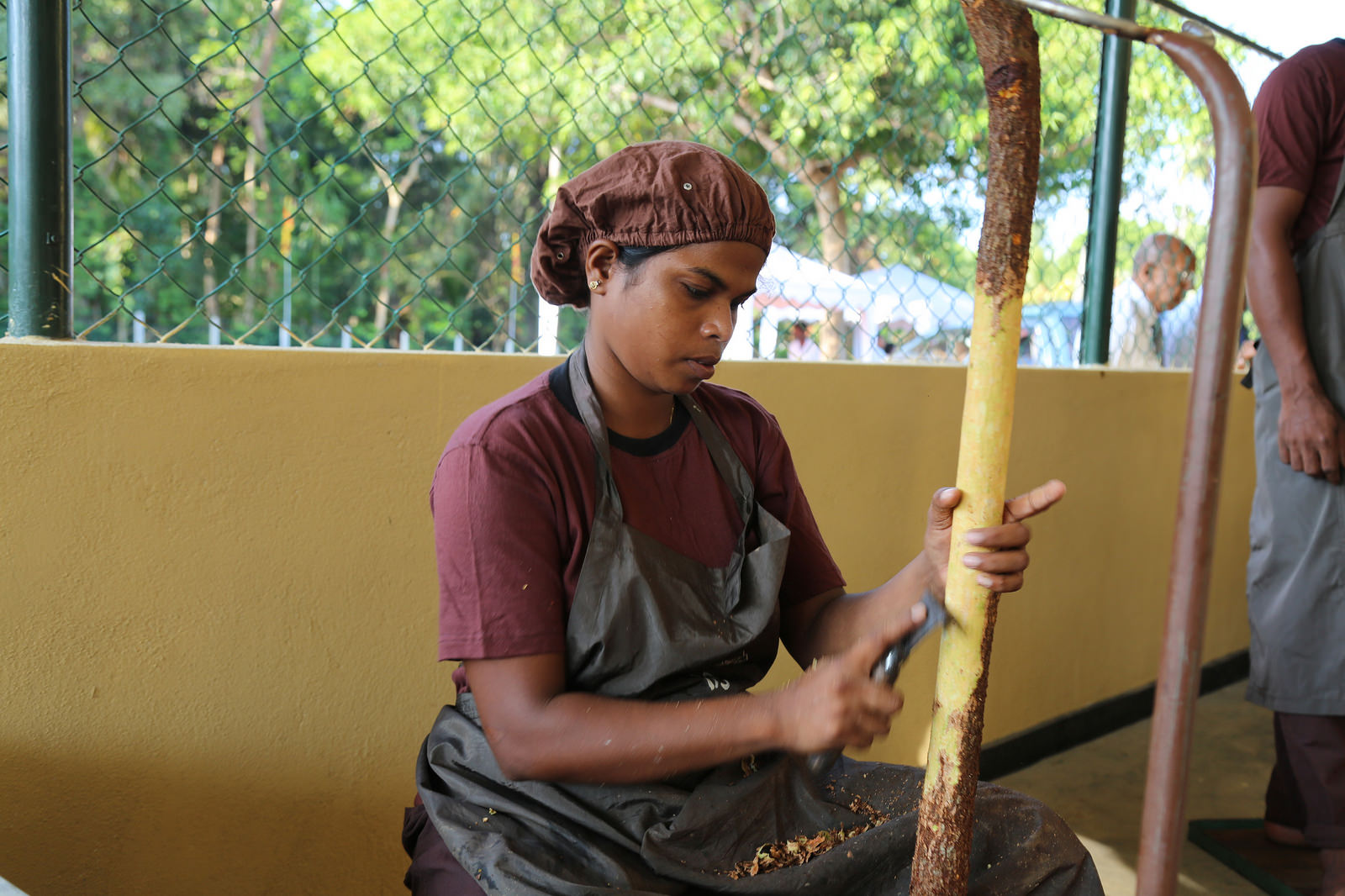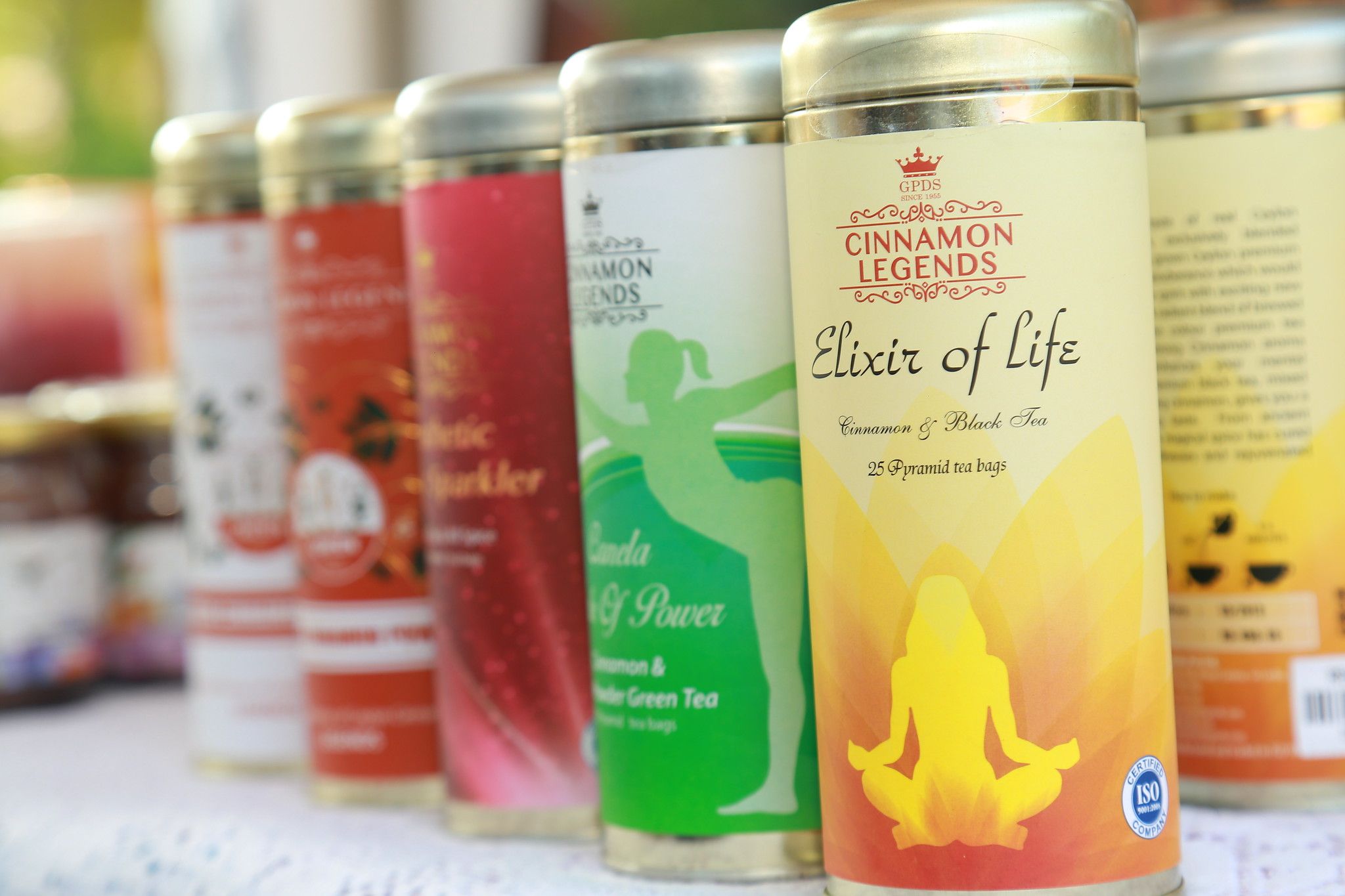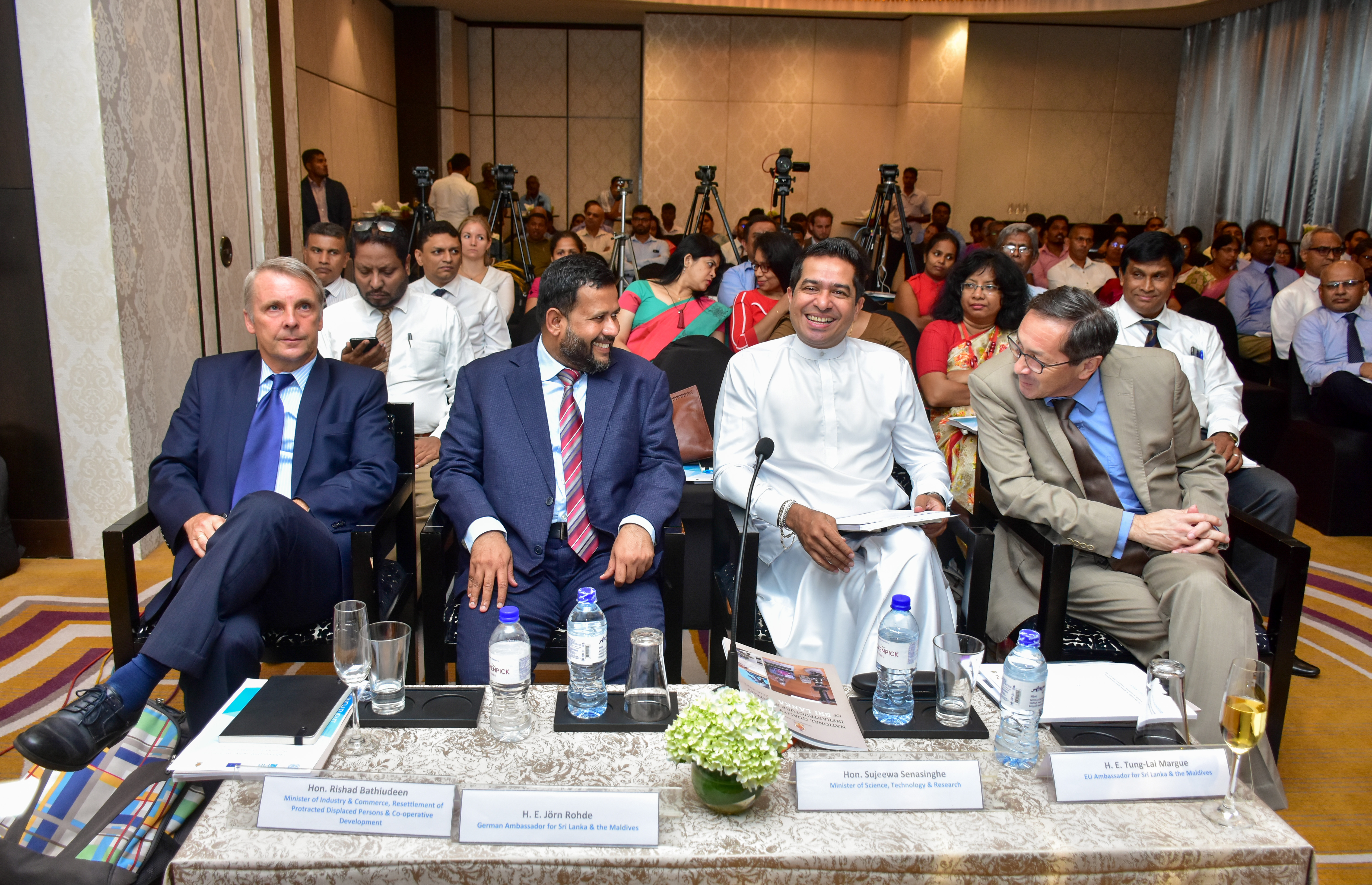

Sri Lanka moves to meet international standards
03 April 2019 UNIDO
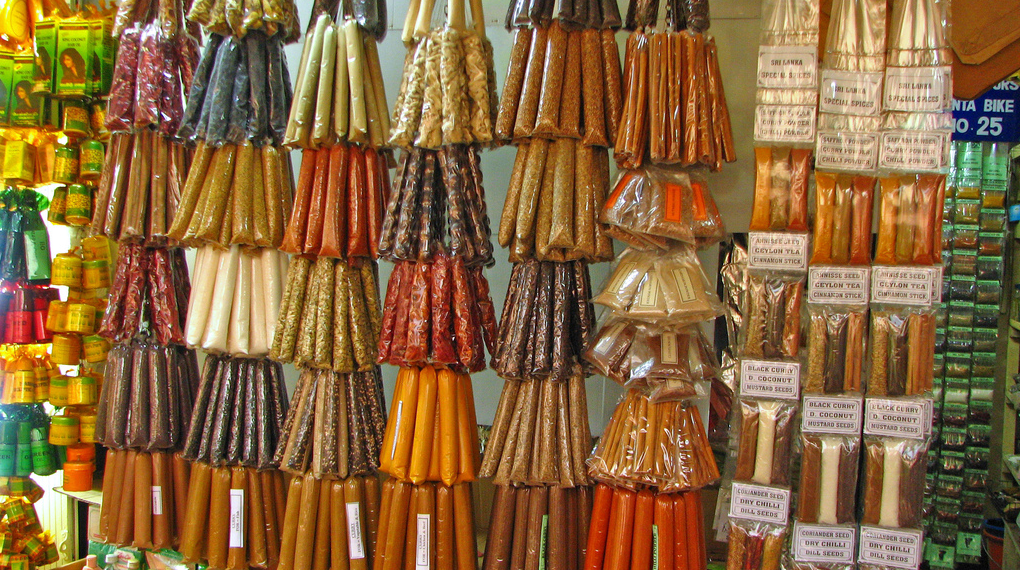
Image : McKay Savage https://creativecommons.org/licenses/by/2.0/
The economic vision of the Sri Lankan government stresses value chain development, enlisting women and youth for manufacturing, and enlisting rural producers towards exports. As part of its “Vision 2025” agenda announced in 2016, the government led by Prime Minister Ranil Wickremesinghe aims to create one million new jobs and double the value of merchandise exports by 2020.
These ambitious targets are closely linked to continued progress with the establishment of a system of standards, codes and agreements to ensure that national production delivers goods that meet the requirements of the international market.
In the words of the country’s Minister of Industry and Commerce, Rishad Bathiudeen, “As the Government focuses on a $23bn export target by 2020, the need to enhance global market access by overcoming border rejections, delays in conformity assessment, higher testing costs for the private sector and risk management associated to border operations and e-commerce, is now experienced more and more.”
Bathiudeen was speaking at a recent event in the capital, Colombo, to raise awareness of the importance of quality infrastructure. According to the United Nations Industrial Development Organization (UNIDO), quality infrastructure is "the system comprising the organizations (public and private) together with the policies, relevant legal and regulatory framework, and practices needed to support and enhance the quality, safety and environmental soundness of goods, services and processes.”

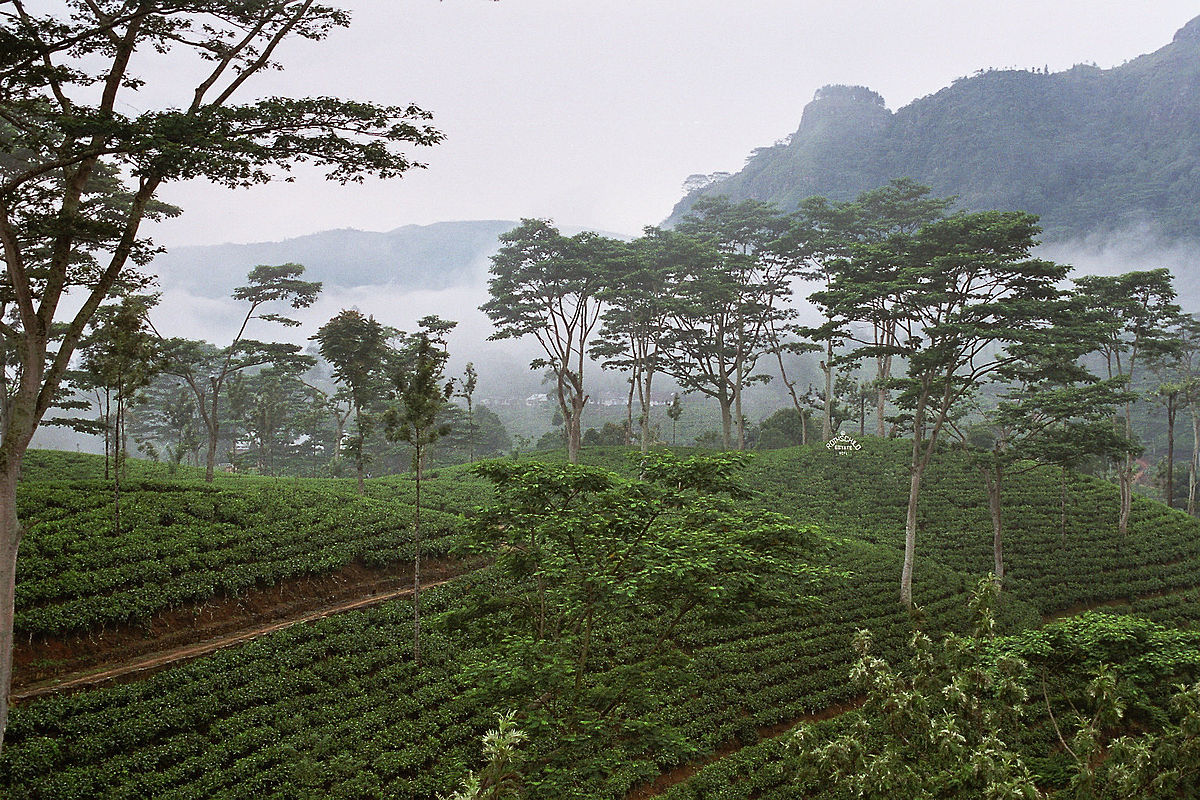
UNIDO has been working closely with Sri Lanka’s national quality infrastructure (NQI) institutions to facilitate the strengthening of compliance and quality infrastructure services. Special areas of focus are those underpinning the export-oriented sectors, such as spices and processed foods.These activities take place within the framework of a European Union (EU)–Sri Lanka trade-related assistance project, funded by the EU.
Enhanced international recognition of Sri Lankan NQI institutions will enable Sri Lanka to leverage the reinstatement of preferential access to the European Union granted by the Generalized Scheme of Preferences (GSP) Plus, thus giving Sri Lankan exports a real opportunity to rebound.
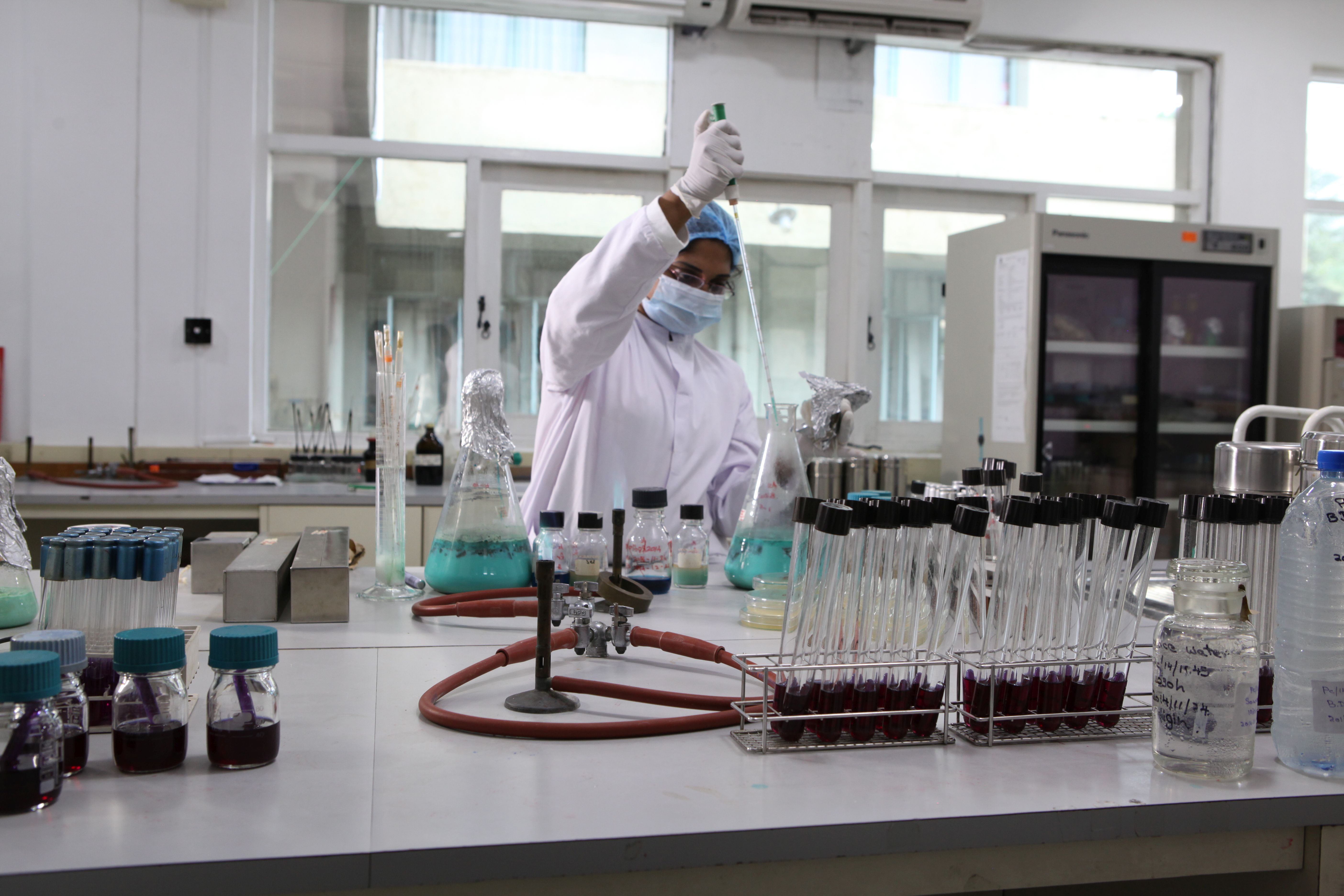
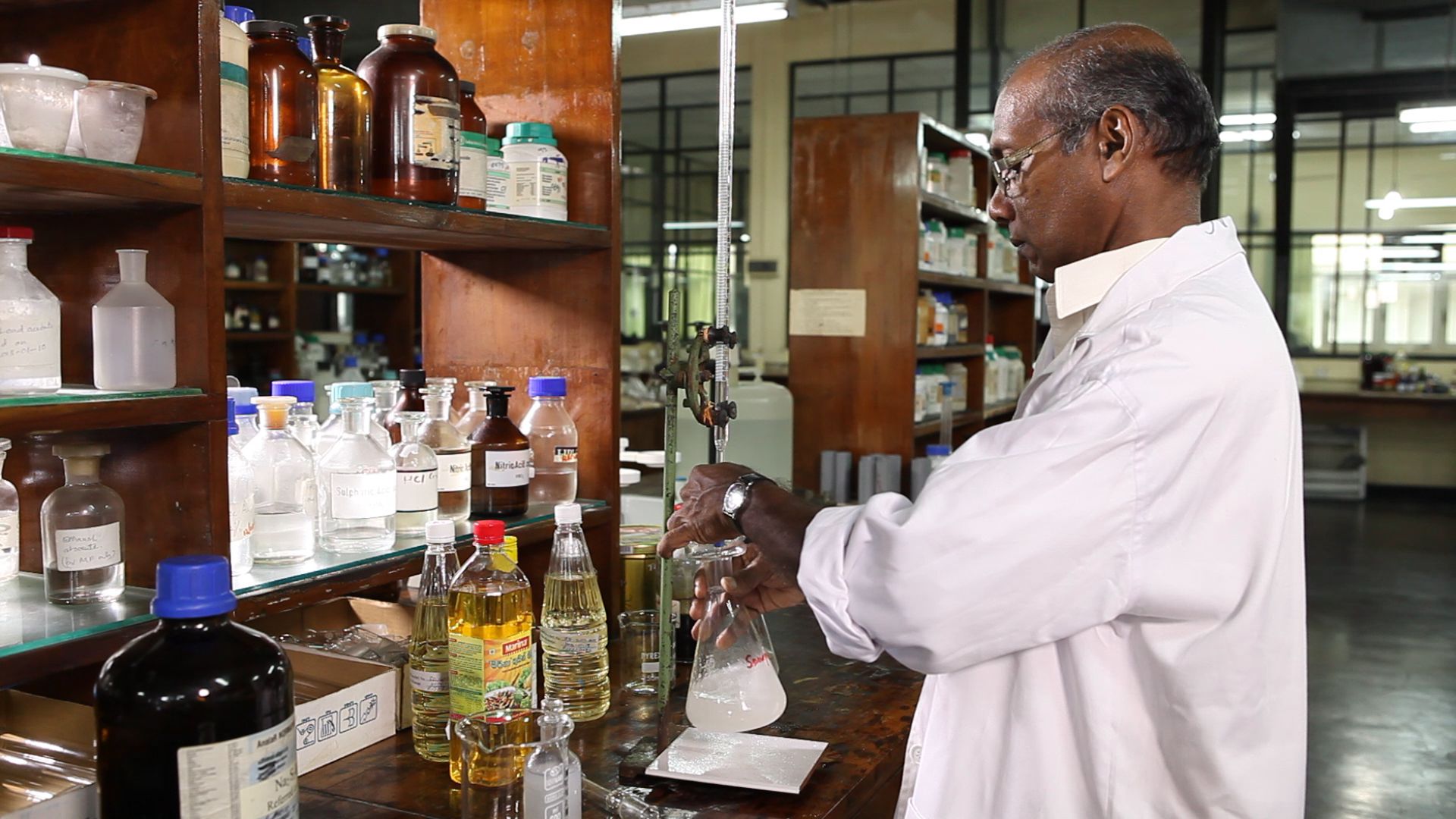
Industry Minister Bathiudeen underlined the importance of Sri Lankan brands gaining global market access. “More and more trade forums across the world increasingly discuss market access rather than free trade which they used to do earlier. As a result, we have to understand that market access is the new trade reality, and adjust our export strategies and resources accordingly. Thus, the challenges we face to enhance our global market access have to be resolved well for Sri Lanka to move forward in world trade.”
For Bathiudeen “there is no doubt that our quality infrastructure should be updated on par with global standards.”
At the event in Colombo, UNIDO and co-hosts, the Physikalisch-Technische Bundesanstalt (PTB, the national metrology institute of Germany), launched a number of NQI-related publications in order to increase quality-consciousness across NQI institutions, conformity assessment bodies and industry leaders in Sri Lanka. UNIDO also released the NQI Strategy, a document that paves the way for achieving international recognition for Sri Lanka’s NQI system through the implementation of a National Quality Policy. The PTB showcased the Quality Infrastructure Catalogue, a directory of key NQI services, the result of a recently concluded PTB project, funded by the German Development Cooperation.
Tung-Lai Margue, the European Union’s Ambassador to Sri Lanka and the Maldives, said that UNIDO and PTB publications are enhancing international recognition of Lankan NQI institutions, and he added, "The NQI Strategy was launched in July 2018 under the National Export Strategy of Prime Minister Ranil Wickremesinghe…I confirm our good cooperation on the National Export Strategy, which is part of a comprehensive Sri Lanka-EU trade related assistance project of €8m, (responding to) a request made by the Sri Lankan government."
The project aims to contribute to an increase in export of goods (particularly spices and processed foods) to the South Asian Association for Regional Cooperation (SAARC) and the European Union, and in doing so drive small and medium-sized enterprise job creation.
